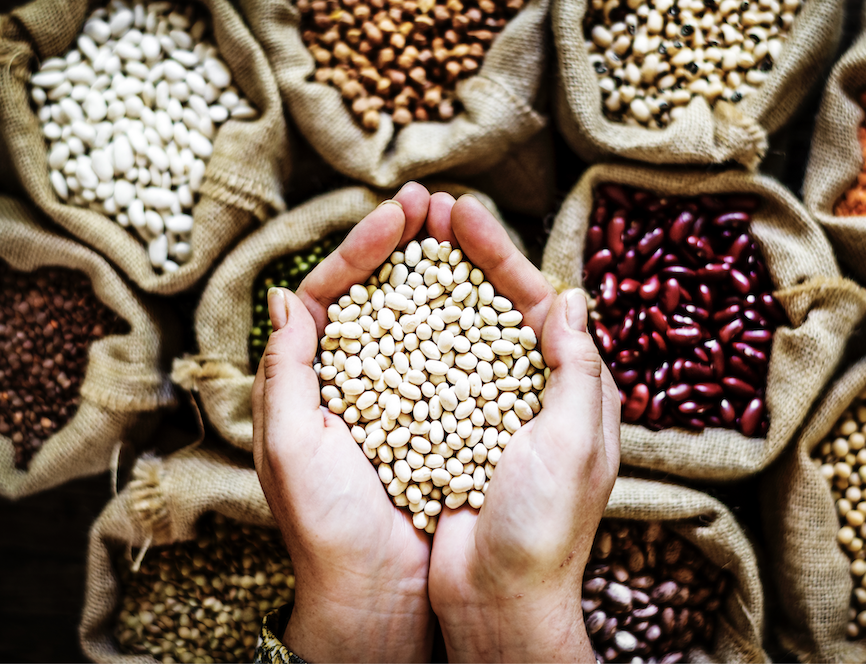
When you think about food trends, you often think of fad diets or health schemes that last a few months or years, then die out. However, healthy eating means more than just nutrition and weight loss, and the longest-lasting trends prove that. Many consumers are aligning more of their food choices with sustainability, animal welfare, farming practices, and climate change. There’s a bigger picture to healthy eating, and no better food trend encompasses that than the plant-based diet craze.
There’s no denying the true health benefits of plant-based diets. They’re linked with lower risks of obesity, high blood pressure, heart disease, type 2 diabetes, and certain types of cancer. However, their benefits don’t just stop there. There is also research to show that they may be better for the environment, as they typically require fewer resources and emit fewer greenhouse gas emissions when compared to a more meat-centric diet. As awareness among consumers is growing surrounding these issues, we are seeing a wide shift toward people eating less meat and more plants.
Fortunately, food scientists are getting really good at creating delicious alternatives for the animal-based proteins we know and love. Some will even fool you by even ‘bleeding’ like beef patties would. The most popular on the market right now are the Impossible Burger and Beyond Meat products, both of which are gluten-free (as long as you’re using the 2.0 Impossible Burger formulation) and can be found in grocery stores in several large restaurants nationwide. The Impossible Burger, made from soy protein isolate, is being grilled up at White Castle, Burger King, Red Robin and several other popular chains. It contains heme iron, which is believed to be a major element in the taste of real beef. Beyond Meat opted for pea protein isolate instead of soy (yay for those with soy allergies!) and their patties are being served at Carl’s Jr., A&W, TGI Fridays, and more. They even have Beyond Meat crumbles at Del Taco. These products don’t have heme iron, but somehow still resemble beef so much that Beyond Meat has been invested in by Tyson Foods, Bill Gates, and even Don Thompson, former CEO of McDonald’s Corporation.
Nutritionally speaking, plant-based burger patties tend to be slightly lower in total fat and saturated fat in comparison to beef patties, and they contain zero cholesterol. However, they can have high sodium content and they aren’t necessarily a low-calorie option. Millennials seem to be leading the charge in eating less meat-based products and opting for more plant-based options. However, it doesn’t need to be one or the other. One can still eat meat and opt for a plant-based burger once in a while, and vice versa. The conversation is moving away from “omnivore versus vegan” and adopting a more flexitarian outlook that is more inclusive and doesn’t require consumers to take on their day-to-day food choices as part of their identity.
We know from decades of research that nutrition is complex and highly individualized, yet the push towards plant-based foods doesn’t seem to be letting up anytime soon. The potential benefits to both personal health as well as the health of the planet seem too good to overlook. One thing is for sure, in that offering a wide variety of protein options for guests will guarantee happy diners every time. Whether that’s an Impossible Burger, Beyond Meat patty or a house made formula, guests will appreciate you expanding beyond the typical question of, “chicken or beef?”



